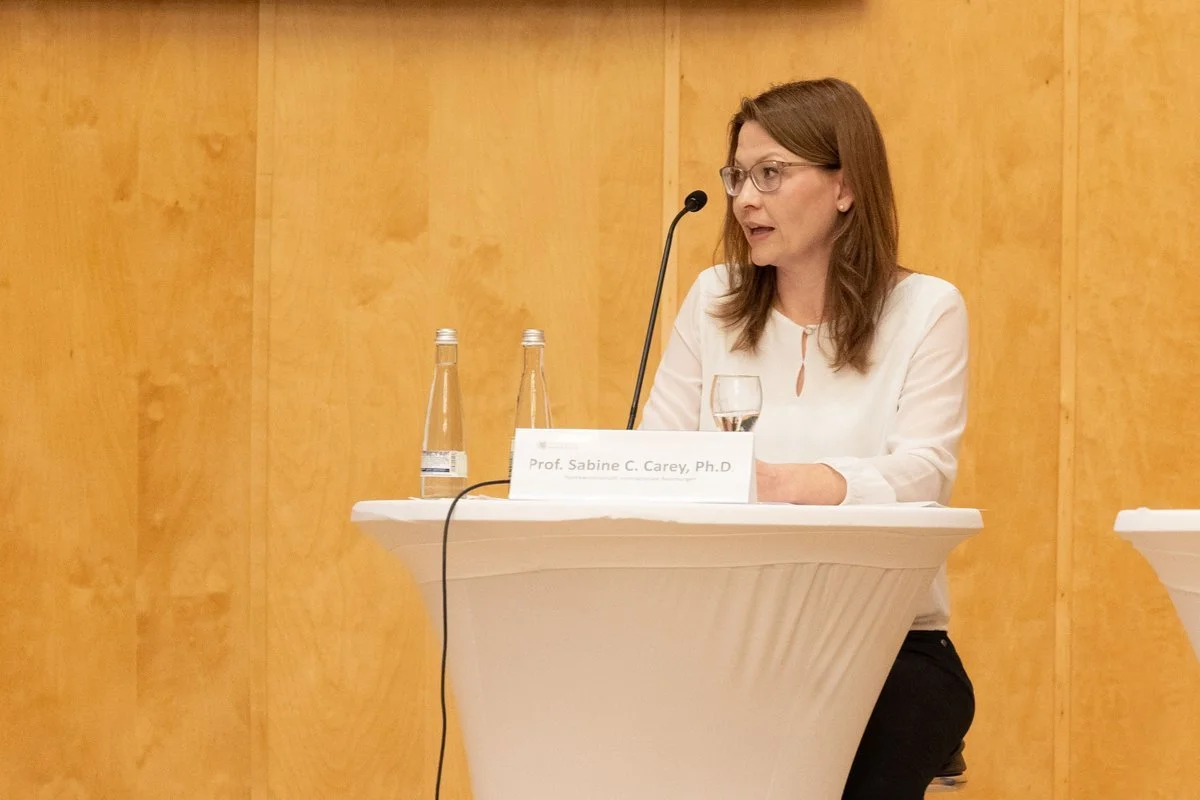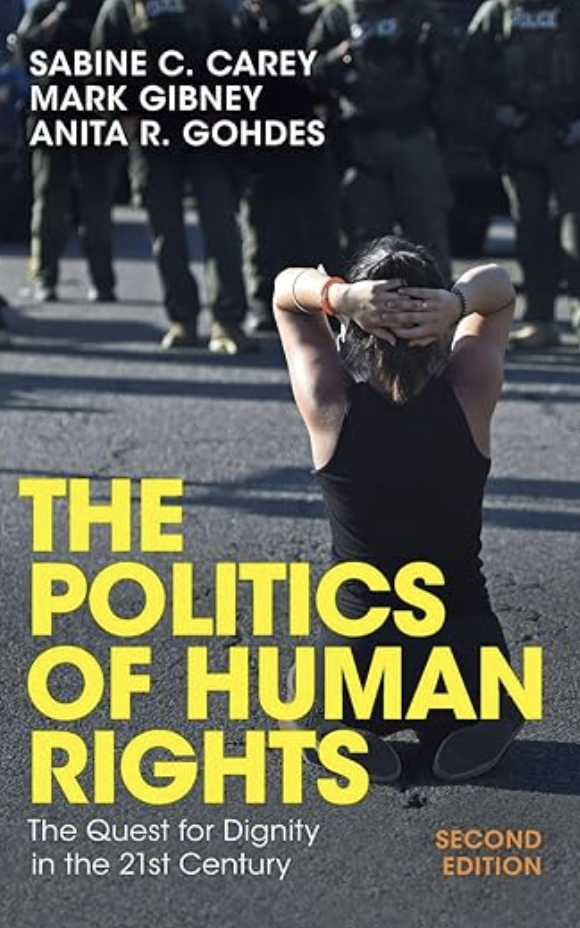On 15 January 2025, 10am-11am CET, I will hold another informal zoom session for female students who are potentially considering pursuing a PhD in political science. I will be joined by Prof. Kristine Eck (Aalborg University) and Dr. Anna-Lena Hönig (University of Konstanz) to discuss:
what to consider when deciding to pursue a PhD, incl. pros & cons of a PhD
how to identify for a suitable PhD programme
The goals of this informal session are:
to provide you with basic information about the format of PhD programmes/positions in Europe
to put you in a better position for making an informed choice about pursuing a PhD in political science in Europe
most importantly, to provide a save space for you to ask questions.
Please note that we will not provide information about specific funding programmes.
Interested? To register for the online event, please email us at phd-info@uni-mannheim.de by 12 January 2025 with your name and the MA programme you are currently enrolled in.






